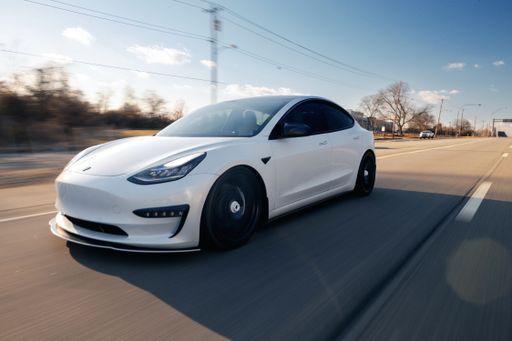US Considers Raising Tariffs on Chinese EVs
The US government is reportedly discussing raising tariffs on Chinese goods, including electric vehicles (EVs). Chinese EVs currently entering the US are already subject to a 25 percent tariff.

US Government Discusses Tariff Increase on Chinese EVs
According to the Wall Street Journal, the US government is considering raising tariffs on certain Chinese goods, including electric vehicles (EVs). This news comes as Chinese EVs entering the US are already subject to a 25 percent tariff, which the report notes will likely have little immediate impact on US consumers.
Officials at the White House and other agencies are debating the tariffs with the aim of completing a review of the tariffs early next year. The decision to potentially raise tariffs is seen as an upgraded version of US-style protectionism, which China firmly opposes.
China has called on the US to abide by WTO rules, maintain a fair trade order, and provide a non-discriminatory business environment for enterprises of all countries. The Chinese government has stated that it will closely monitor the situation and take measures to protect its rights and interests if necessary.
Impact on Chinese EV Makers
Chinese EV makers have largely avoided the US market due to trade protection measures and concerns about geopolitical risks. Instead, they have focused on expanding in Europe, Southeast Asia, and South America.
Automakers like BYD and Nio have not started selling their electric cars in the US, citing a need for a better understanding of the market and US policies. The Inflation Reduction Act (IRA), which offers a tax credit for consumers purchasing qualifying EVs, requires vehicles to be built in North America with locally produced batteries, putting import-heavy automakers at a disadvantage.
Nio, in particular, has expressed interest in entering the US market, but the IRA and other factors have posed challenges to its plans. The company aims to serve users in more than 25 countries and territories by 2025, but the inclusion of the US market remains uncertain due to policy complications.
Future Outlook
The potential tariff increase on Chinese EVs could impact the competitiveness of Chinese automakers in the US market. It remains to be seen how these discussions will unfold and what measures will be taken by both the US and Chinese governments.
Chinese EV makers may need to navigate policy and trade barriers to enter the US market and compete with established players. The outcome of the tariff review and the stance of the Biden administration will play a crucial role in shaping the future of Chinese EVs in the US.

